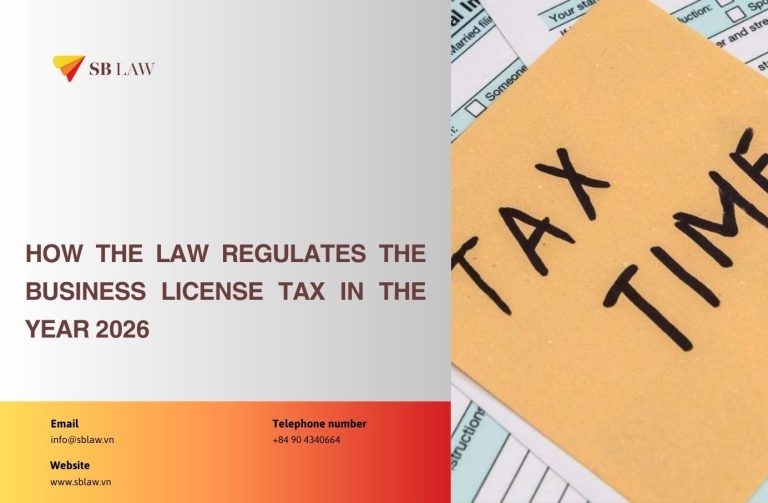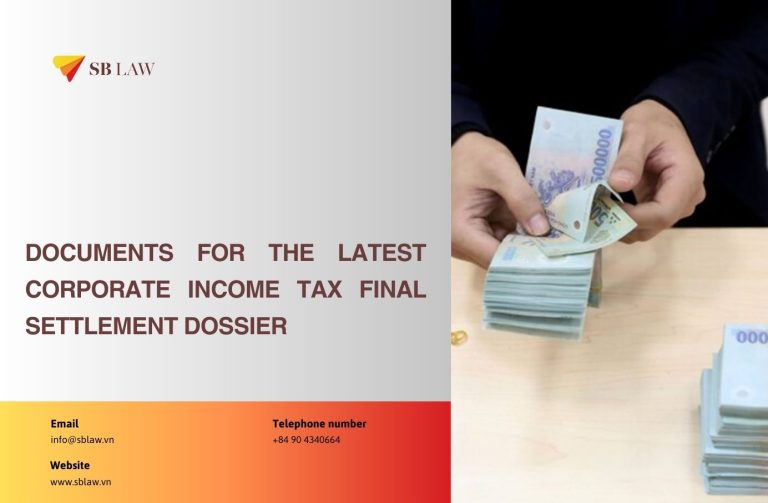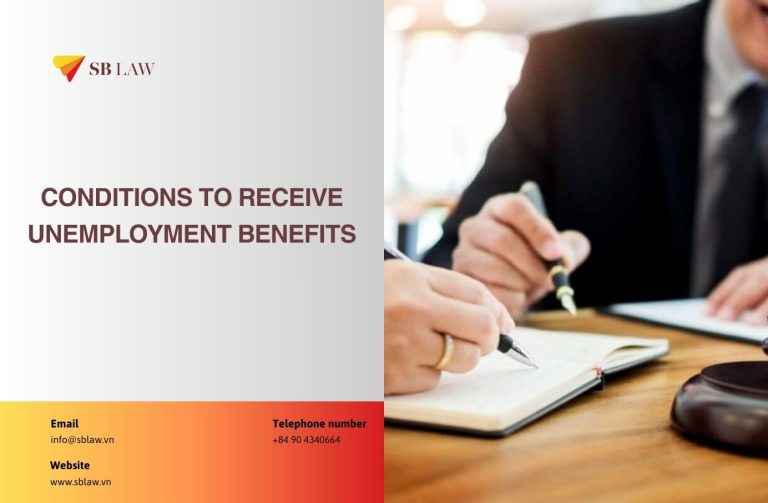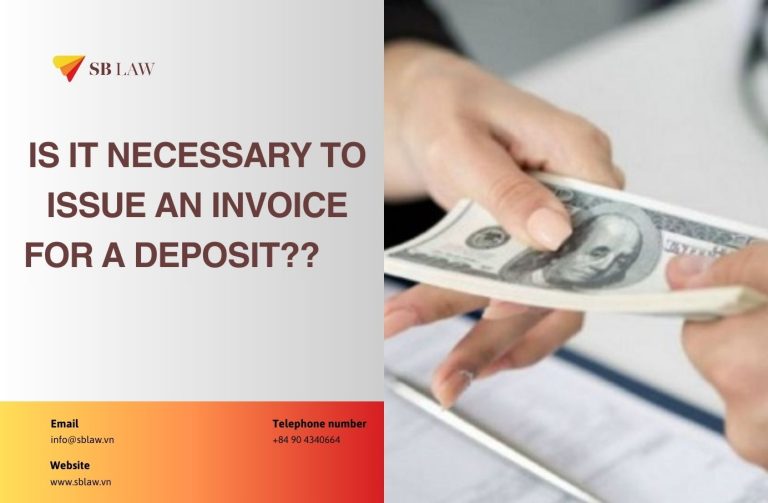The most updated government policy for doing solar business in Vietnam
On the date the Government promulgates Decree No. 80/2024/ND-CP on the mechanism for direct power purchase agreements between renewable energy generation units and large electricity consumers. Renewable energy generation units refer to power entities owning solar energy plants licensed to operate in the electricity sector or exempted from licensing for power generation as per regulations.
Key Contents of the Decree:
- Parties to Direct Power Purchase Agreements via Dedicated Transmission Lines:
+ Renewable energy generation units;
+ Large electricity consumers.
- Parties to Direct Power Purchase Agreements via the National Power Grid:
+ Renewable energy generation units using wind or solar power with a capacity of 10 MW or more connected to the national power system and directly participating in the competitive wholesale electricity market;
+ Large electricity consumers for production purposes purchasing power from the Power Corporation or retail electricity entities other than the Power Corporation, connected at voltage levels of 22 kV or higher;
+ Retail electricity entities within zones or clusters authorized by large electricity consumers for production purposes to purchase power from the Power Corporation and enter into forward contracts with renewable energy generation units (hereinafter referred to as "authorized retail electricity entities in zones or clusters").
- Forms of Direct Power Purchase Agreements:
Accordingly, direct power purchase and sale of electricity are conducted in two forms:
1. Direct Power Purchase via Dedicated Transmission Lines:
This involves signing direct power purchase agreements and delivering power through dedicated transmission lines between renewable energy generation units and large electricity consumers in accordance with Chapter II of Decree No. 80/2024.
2. Direct Power Purchase via the National Power Grid:
This involves power purchase and sale under forward contracts between renewable energy generation units and large electricity consumers (or authorized retail electricity entities in zones or clusters) and conducted in accordance with Chapter III of Decree No. 80/2024, including:
- Renewable energy generation units selling all electricity produced to the spot market within the competitive wholesale electricity market;
- Large electricity consumers or authorized retail electricity entities in zones or clusters entering into power purchase agreements with the Power Corporation (or its authorized/delegated entities) to purchase all electricity needed;
- Renewable energy generation units and large electricity consumers or authorized retail electricity entities in zones or clusters entering into forward contracts for power purchase and sale.
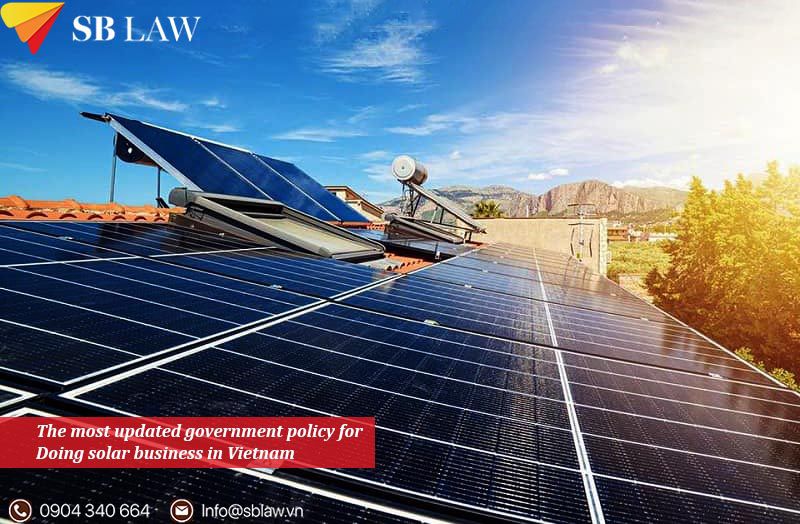
On October 22, 2024, the Government issued Decree No. 135/2024/ND-CP stipulating mechanisms and policies to promote the development of self-produced, self-consumed rooftop solar power. The Decree takes effect as of October 22, 2024.
The Decree applies broadly to all entities, including residential buildings, public offices, industrial parks, industrial clusters, export processing zones, high-tech parks, economic zones, production facilities, and business establishments that are invested in and constructed nationwide.
Key contents of the Decree include:
- Promotion of self-production and self-consumption expansion: Exemption from electricity operation licenses and no capacity limit for systems not connected to the national grid or equipped with anti-reverse power devices.
- Mechanism for surplus electricity trading:
+ Buyer of surplus electricity: Vietnam Electricity (EVN) or an authorized unit.
+ Purchase price: Equivalent to the average electricity market price of the preceding year.
+ Limitation on surplus electricity sales: A maximum of 20% of the actual installed capacity is allowed for sale.
- Simplification of administrative procedures: Streamlined licensing procedures and no requirement to supplement energy land-use planning.
- Prohibition on using imported second-hand equipment and specific technical standards are imposed.
- Requirements for anti-reverse power devices and remote metering systems. Mandatory installation of metering devices and monitoring systems capable of integration with the national grid for projects with capacities exceeding 100 kW.
- Restrictions on existing projects: Prohibition on expanding or registering additional solar power systems at the same location that were developed before January 1, 2021.
- Existing projects must submit information to be incorporated into the new energy planning framework, with certain cases prohibited from selling surplus electricity or allowed to sell only under new regulations (Point c, Clause 7, Article 8 of this Decree).
Impacts of Decree No. 135/2024/ND-CP on energy business enterprises:
- Increased investment costs (e.g., metering devices, anti-reverse power systems, etc.).
- Higher operating costs (e.g., environmental regulations on waste treatment, fire safety compliance).
- Limitations on expansion scale.
- Dependence on Vietnam Electricity (EVN).
Is there any policy, incentives, or restrictions for doing solar business in Vietnam?
Decision No. 11/2017/QD-TTg on the Mechanism to Encourage the Development of Solar Power Projects in Vietnam.
Solar energy business is classified as a form of "production of new materials, new energy, clean energy, and renewable energy" and is considered an investment incentive industry (Point b, Clause 1, Article 16 of the 2020 Law on Investment).
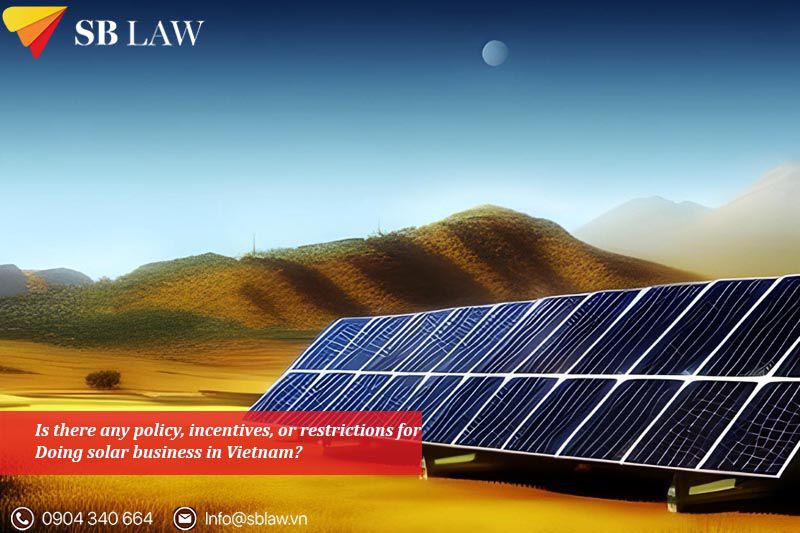
Incentive Policies:
- Tax and Fee Incentives:
+ Corporate Income Tax (CIT):
Eligible for a preferential CIT rate of 10% for 15 years, tax exemption for the first 4 years, and a 50% reduction in payable tax for the next 9 years (Point b, Clause 1, Article 13 of the 2008 Law on Personal Income Tax; Point a, Clause 1, Article 16 of Decree No. 218/2013/ND-CP).
+ Import Tax: Exemption from import duties for:
- Goods imported to form fixed assets for the project.
- Materials, supplies, and components not yet produced domestically, imported to serve production for a period of 5 years from the start of production (Clauses 11 and 13, Article 16 of the 2016 Law on Export and Import Duties).
+ Exemption and reduction of land lease fees:
Investors implementing solar energy business projects are eligible for incentives related to exemption or reduction of land use fees and land lease fees (Point c, Clause 2, Appendix XXX; Article 132 of Decree No. 08/2022/ND-CP).
+ Exemption from Special Consumption Tax.
- Incentives in Planning and Development:
+ Installation of self-produced, self-consumed rooftop solar power is exempt from electricity operation licenses and has no capacity limits if not connected to the national grid. Systems must include anti-reverse power devices (Points a and b, Clause 1, Article 8 of this Decree).
+ Buildings with self-produced, self-consumed rooftop solar power installations are not required to adjust or supplement energy land-use and functional planning as prescribed by law (Clause 5, Article 8 of Decree No. 135/2024/ND-CP).
- Simplified administrative procedures for self-produced, self-consumed rooftop solar power (Clause 4, Article 8 of Decree No. 135/2024/ND-CP).
Limitations and Challenges:
- Capacity and connection restrictions:
For rooftop solar power systems, surplus electricity sales to the national grid are limited, generally not exceeding 20% of the installed capacity (Point a, Clause 7, Article 8 of this Decree).
- Unstable pricing mechanism:
The Government previously applied a fixed electricity purchase price mechanism (Feed-in Tariff - FiT) to encourage solar power development. However, the previous FiT mechanisms expired in 2020, and there will no longer be regulations on fixed power purchase tariffs.
Any comments or special legal issues about our business model and company structure?
Types of Enterprises:
Single-Member Limited Liability Company (LLC):
- One owner (organization/individual), no capital-contributing members or shareholders.
- The owner is liable for the company’s debts and other financial obligations within the scope of the charter capital.
- Not allowed to issue shares but can issue bonds.
- No minimum investment capital is required.
- The owner must contribute capital within 90 days from the establishment date. If contributing capital in the form of assets, the capital contribution period does not include the time required for transportation, importation, and completion of administrative procedures to transfer ownership of the assets to the company.
- The owner can transfer all charter capital to another individual or organization and must register the change in the Enterprise Registration Certificate.
- Legal representative:
+ The company can have one or more legal representatives.
+ At least one legal representative must reside in Vietnam.
+ If there is only one legal representative who leaves the country, a written authorization must be given to a person residing in Vietnam.

Multi-Member Limited Liability Company (LLC):
- Minimum of 2 owners, maximum of 50 members.
- Members are liable for the company’s debts and other financial obligations within the scope of their fully contributed or committed capital.
- Not allowed to issue shares but can issue bonds.
- No minimum investment capital is required.
- Members must contribute capital within 90 days from the establishment date. If contributing capital in the form of assets, the capital contribution period does not include the time required for transportation, importation, and completion of administrative procedures to transfer ownership of the assets to the company.
- Transfer of contributed capital:
+ Members must first offer their contributed capital to other members in proportion to their existing shares within 30 days.
+ If other members do not purchase or do not purchase in full, the member may transfer their share to a third party under the same conditions.
+ The transfer is complete when the transferee is recorded in the member register.
- Legal representative:
+ The company can have one or more legal representatives.
+ At least one legal representative must reside in Vietnam.
+ If there is only one legal representative who leaves the country, a written authorization must be given to a person residing in Vietnam.
Joint-Stock Company (JSC):
- Minimum of 3 shareholders.
- Shareholders are liable for the company’s debts and other financial obligations within the scope of their contributed capital.
- Can issue all types of securities (shares, bonds, etc.).
- No minimum investment capital is required.
- Shareholders must pay for their registered shares within 90 days from the establishment date. If contributing capital in the form of assets, the capital contribution period does not include the time required for transportation, importation, and completion of administrative procedures to transfer ownership of the assets to the company.
- Share transfer:
+ Shareholders can freely transfer shares except for the following restrictions:
+ Founding shareholders are restricted from transferring shares within the first 3 years.
+ Other restrictions as prescribed by law or the company charter.
+ Shareholders holding preference shares with voting rights are not allowed to transfer these shares.
+ The transfer is complete when the transferee is recorded in the shareholder register.
- Legal representative:
+ The company can have one or more legal representatives.
+ At least one legal representative must reside in Vietnam.
+ If there is only one legal representative who leaves the country, a written authorization must be given to a person residing in Vietnam.
Are there any restrictions on foreign investment in the solar sector?
Are there any restrictions on foreign investment in the solar sector?
- Ownership Ratio:
Under the Law on Investment 2020 and other Vietnamese legal instruments, there are no specific provisions regarding the ownership ratio for foreign investors in the renewable energy sector, including solar energy. Foreign investors may own up to 100% equity in solar energy projects.
+ Risks related to national energy security and the State's long-term objectives.
+ Control rights and decision-making authority within the enterprise.
- Administrative Procedures:
+ Approval is required from multiple regulatory bodies, such as the Ministry of Industry and Trade and the Ministry of Natural Resources and Environment.
+ Certain projects must obtain investment policy approval from the National Assembly or the Prime Minister.
=> This increases project implementation costs and timelines.
- Access to Land and Infrastructure:
Foreign investors are not permitted to own land directly and can only lease land on a long-term basis. Some land areas are subject to zoning regulations and require collaboration with infrastructure companies. Issues such as licensing procedures, compensation for land clearance, and inconsistent infrastructure for connecting to the national power grid can arise.
- Long-Term Commitments: Certain projects require investors to commit long-term (20–30 years), while the legal framework for the energy sector remains unstable.
+ Electricity pricing policies and the legal framework (Power Purchase Agreements - PPA) are subject to frequent changes.
+ There are no regulations on FiT pricing.
- National Defense and Security: Energy projects, especially those of large scale or located in sensitive areas concerning national security and defense, may be subject to special regulations to ensure energy security and national sovereignty.
- Power Purchase Agreement (PPA): Electricity of Vietnam (EVN) currently holds a monopoly in the electricity market, fully controlling grid connection and power transmission.
- The Government of Vietnam does not provide explicit guarantees regarding payment obligations for foreign-invested solar energy projects.

Latest government policies on carbon credit or related policies?
Currently, under Vietnamese regulations, only the roadmap for development and the timeline for implementing the carbon market from 2022 to 2040 in Vietnam have been stipulated, with no detail provisions yet regarding carbon credit trading.
On January 7, 2022, the Government issued Decree No. 06/2022/ND-CP on the reduction of greenhouse gas emissions and the protection of the ozone layer. This Decree came into effect on January 7, 2022.
Accordingly, the controlled ozone-depleting substances include: Bromochloromethane; Carbon tetrachloride (CTC); Chlorofluorocarbon (CFC); Halon; Hydrochlorofluorocarbon (HCFC); Hydrobromofluorocarbons (HBFC); Methyl bromide; Methyl chloroform. The management and phase-out schedule for HCFCs is as follows:
- From January 1, 2022, to December 31, 2024, the total national consumption must not exceed 65% of the baseline consumption level.
- From January 1, 2025, to December 31, 2029, the total national consumption must not exceed 32.5% of the baseline consumption level.
- From January 1, 2040, the import and export of HCFCs will be prohibited.
Additionally, Methyl bromide is only permitted for importation for fumigation and quarantine of export goods. Facilities emitting greenhouse gases must conduct a greenhouse gas inventory if their annual greenhouse gas emissions reach 3,000 tons of CO2 equivalent or more, or fall under one of the following categories: Commercial buildings with total annual energy consumption of 1,000 TOE (tons of oil equivalent) or more; Solid waste treatment facilities with an annual operational capacity of 65,000 tons or more; …
Are there advantages to partnering with local companies or stakeholders?
- Support for Legal Procedures: Local businesses typically have a thorough understanding of the legal system and administrative procedures within their region. They can assist foreign investors or remote enterprises in obtaining permits and ensuring regulatory compliance.
- Access to Land and Local Resources: Support from local authorities may include assistance with land clearance and compensation, provision of local labor resources, and the ability to utilize existing infrastructure (e.g., electricity infrastructure) for solar energy businesses.
=> This helps reduce investment costs, accelerates the construction, operation, and maintenance of projects, creates jobs for the local community, and enhances resource efficiency.
- Access to Investment Funds and Preferential Financial Policies: Mobilization of capital from local banks or financial institutions, tax reduction incentives from the Government, or support for loans.
- Connection Support: Solar energy projects must be integrated into the local power development plan and obtain grid connection confirmation from EVN before implementation.
=> Local businesses have a better understanding of the processes for working with EVN and relevant authorities.
- Efficient Management and Maintenance: Local businesses, being familiar with the geographical and climatic conditions of the area, can provide prompt and efficient maintenance services for solar energy projects.
|

